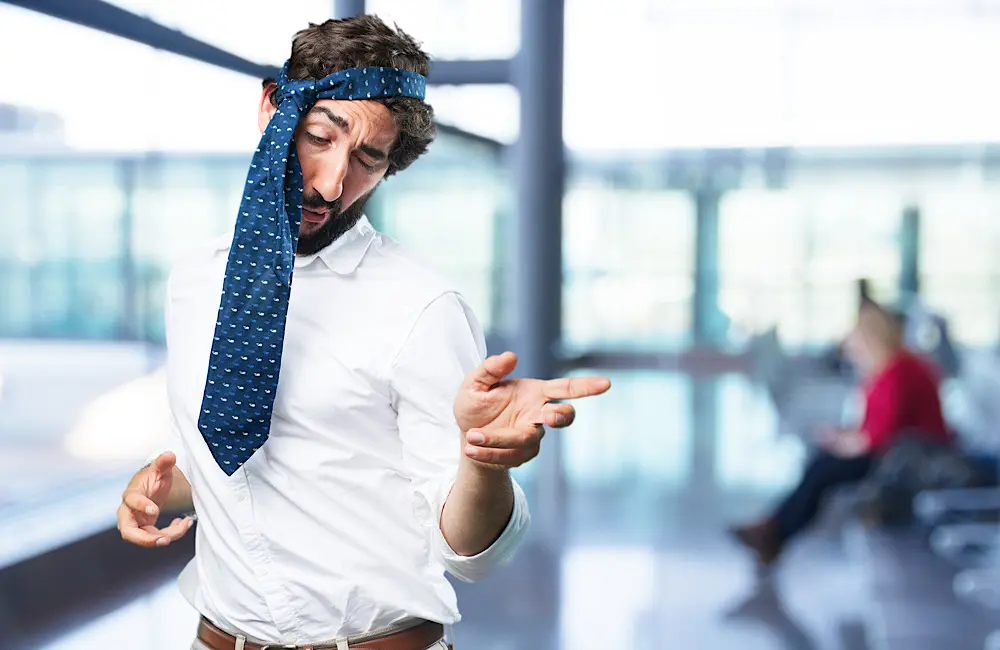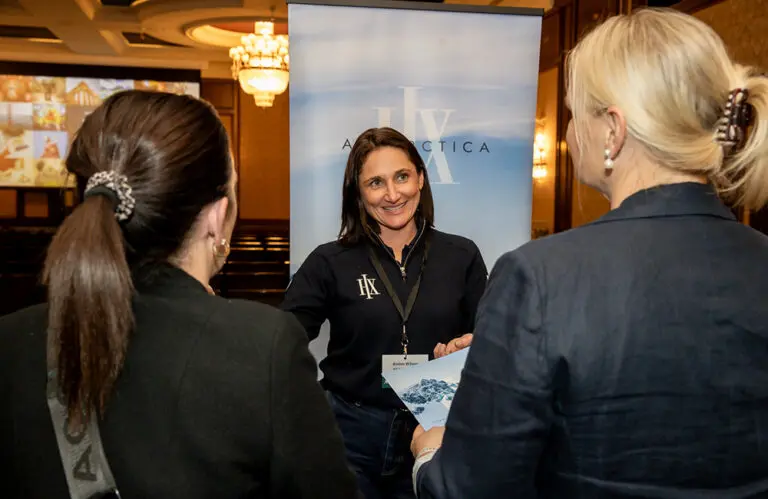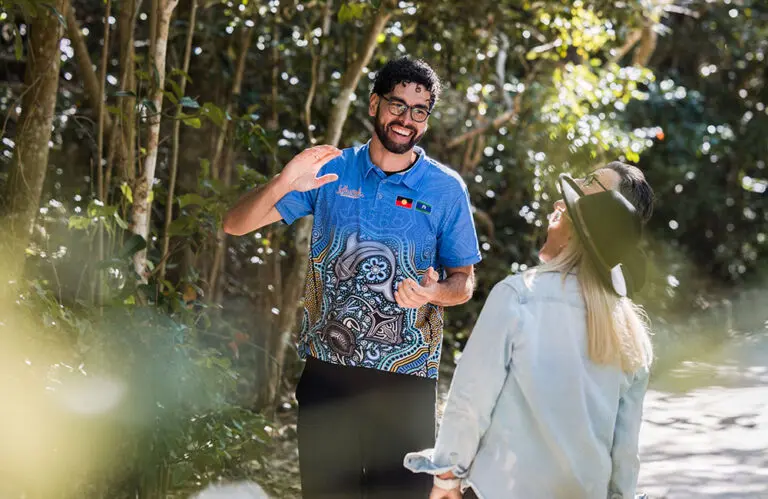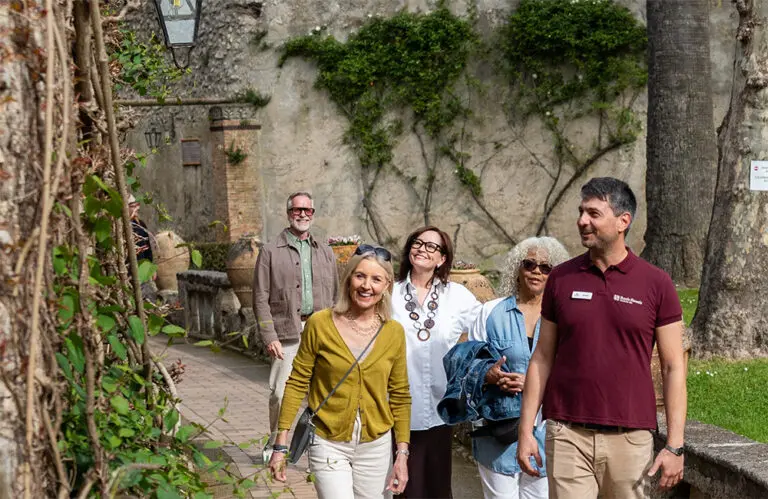The travel industry loves a tipple. I once met someone who came from the alcohol industry into travel and said there’s more booze consumed in travel than in the alcohol industry itself! From the gifted bottles of wine to the open bar at industry events, alcohol is as ubiquitous in travel as a customer asking you to price match Skyscanner. But is it time to call last orders?
We take a closer look at the culture of drinking within travel and explore why moderation might be the way forward.
The pressure cooker
Peer pressure doesn’t end with high school. Feeling pressured to down a drink at every industry shindig is not uncommon. Navigating a room armed with a non-alcoholic drink can feel like walking through a minefield. Some resort to the classic sparkling water with a lime masquerading as a G&T or clutching a wine glass as a social prop. But does the content of the glass truly matter, or is it simply about fitting in?
Whether someone is drinking or not ultimately just matters to the individual (and maybe the event organiser). It’s about respecting individual preferences and understanding that social interaction can thrive without alcohol. There are lots of topics to break the ice such as where is all the food?
Generation Sober
As the industry hopes to attract new blood, if that blood is from Gen Z, chances are its blood alcohol level is pretty low.
The younger generation seems to be more interested in exploring a city’s coffee scene than its cocktail list with a growing number of young people choosing to abstain from alcohol, contributing to an overall increase in alcohol abstinence rates, according to data from the Australian Institute of Health and Welfare.
This shift may force the industry to reconsider its acceptance of alcohol as a norm.
It’s not just about offering more non-alcoholic options but about reimagining the social aspects of travel events. Coffee tastings, artisanal soda bars, and wellness-focused activities like yoga sessions or guided city walks might need to be considered as alternative activities where the focus is on connection and experience rather than just the free-flowing booze.
Law and (dis)order
Alcohol and work go together like a budget airline and legroom. Excessive drinking can lead to harassment, discrimination, and embarrassing dance moves (we’ve seen some things we wish we hadn’t). And employers need to be mindful of their legal and ethical responsibilities when it comes to alcohol at work events.
Encouraging a culture of moderation is not just about maintaining professionalism; it’s also about ensuring a safe and inclusive environment for all employees. Harassment and discrimination are serious issues that can arise from impaired judgment, and employers can be held liable for incidents that occur at company-sponsored events.
Creating a work culture that doesn’t revolve around alcohol can help prevent these issues. Offering a variety of non-alcoholic beverages and activities can make everyone feel included, whether they choose to drink or not. This approach not only supports the well-being of employees but also reflects a modern, responsible attitude towards workplace socialising.
The next round
Promoting responsible drinking is not about eliminating alcohol altogether but about creating a balanced approach. Here are a few tips for fostering a healthier drinking culture in the travel industry:
Offer non-alcoholic alternatives
How often do you head to an industry event only to be greeted by trays of alcoholic beverages? But if you want water, juice or a soft drink, you have to get it from the bar? Let’s make welcome drinks truly welcoming for all, whether they’re drinking or not.
For those who crave a brew but don’t want the booze, alcohol-free beers, wines and even sophisticated mocktails are all around, we just need to make sure that they’re at an industry event.
I’m pretty sure event planners and hosts would both prefer a little less social lubrication when things get too messy.
Promote moderation
Encouraging moderation involves more than just reminding attendees to drink responsibly; it means actively fostering an environment where responsible consumption is the norm. This can be achieved by setting clear expectations before events, such as including guidelines on invitations and event materials. Highlight the importance of pacing oneself, and suggest alternating alcoholic drinks with water or other non-alcoholic beverages.
Additionally, offering smaller drink servings or limiting the number of free drink tickets can help control consumption. By promoting a culture of moderation, event organisers can ensure that everyone enjoys the occasion without compromising their professionalism or well-being.
Lead by example
Industry leaders play a crucial role in setting the tone for events. When leaders and senior staff moderate their own drinking, it sends a powerful message to attendees about the importance of responsible consumption. Leaders can demonstrate that it’s entirely possible to network, have fun, and build relationships without excessive drinking. By choosing to sip non-alcoholic beverages or enjoying a single glass of wine throughout the evening, they can promote a culture of inclusivity and respect. This not only helps to reduce peer pressure but also supports a more professional and safe environment for all.







